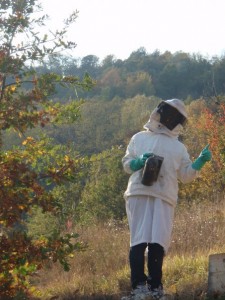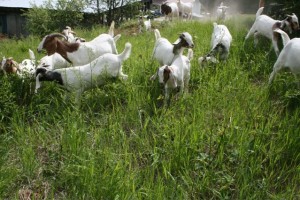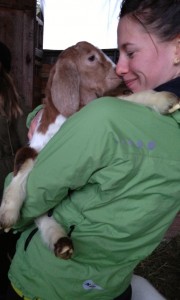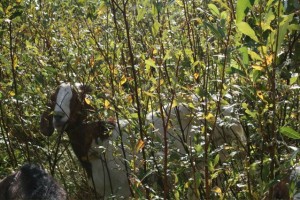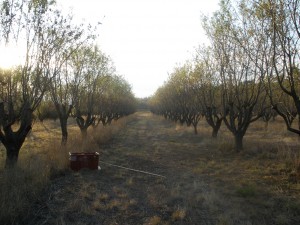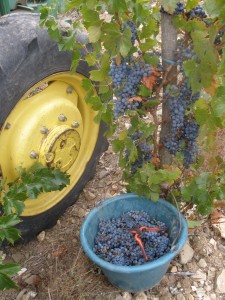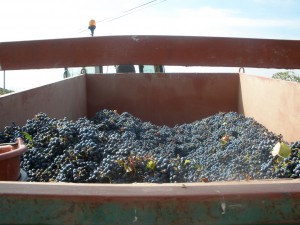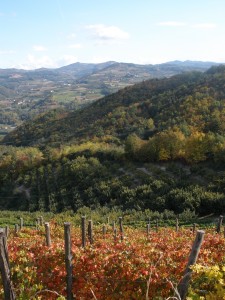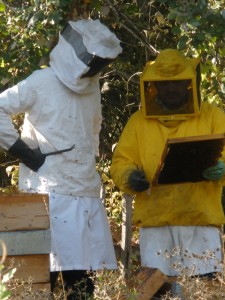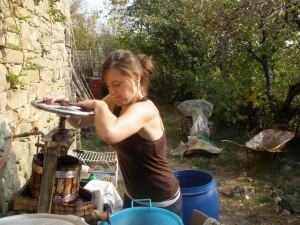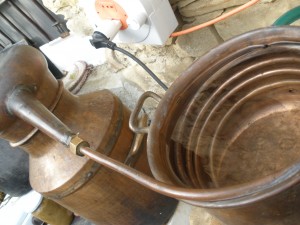I want to be a farmer. I am in a program with a lot of smart, ambitious young people who also want to become farmers. So I have decided that I’m going to keep exploring some of the barriers that people who are just starting out in the food production industry face.
Farming is all about the bottom line. As my mum said this morning “If you can’t make money, no matter how much you enjoy getting dirty or feeding people or driving around in ever decreasing circles in a combine or whatever it is that inspires you to be a farmer, you can’t do it.” And as usual, she is right. You have to able to pay for your own needs, and that can be a pretty high bill if you are running a farm.
One of the biggest expenses facing farmers, especially new ones, is land. The tricky thing about land is that usually the pieces you want are close to your markets. Markets are generally in population centers, and generally, population centers are where land is the most expensive. You have to compete with all those developers who want to build big expensive houses on it, and make piles and piles of money. In British Columbia in particular, agricultural land is expensive because there isn’t much of it.
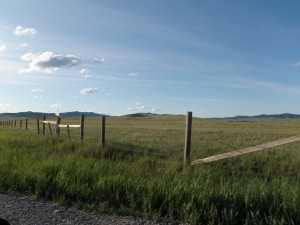
Prime beef raising land, Kananaskis. Land prices in southern Alberta are increasing due to the development pressures from Calgary, and the desires of wealthy Calgarians to own fancy country homes.
The problem with having expensive land for farmers is that food is a really low mark-up product. Farmers sell what they produce for only slightly more than what it would cost them to produce it. If a farmer has to pay $300,000 for their farm, they would have to sell every potato they grew for $500 a pound, and we all know that isn’t going to happen. The percentage of people’s income that is spent on food has decreased significantly over the last 70 years, and unfortunately for farmers, consumers just aren’t willing to pay what it costs to produce organic, local and sustainable food.
Of course, the government has stepped in to support farmers and keep food prices low in the past by offering farm subsidies, but that has only contributed to some of the biggest problems within the food system today. Farm subsidies were given to commodity crop producers, which led to the rise of huge agribusinesses who produce and process subsidized crops like corn into the cheap, nutritionally void foods we see on supermarket shelves today. These farm subsidies worked out really well for a few major corporations, but they hurt everyone else. Farmers lost money because the market kept getting flooded with cheap commodity crops, small-scale farmers were priced out of business by economies of scale, and consumers started living off of cheap, processed food that has caused countless health problems in our society. Farm subsidies are why you can buy Vector in every supermarket in Canada, but finding locally grown oats and hemp hearts for your porridge will be extremely difficult. This is a grossly simplified version of what has happened, but the fact is that while we insist on paying practically nothing for the food we eat, farmers will not be able to farm. Why? Because they can’t actually afford to. Even if they really, really want to. Which is bad news for people like me.
Of course, there are a couple ways around owning your own land. I’m going to take a little break from the gloom and doom posts next, and explore some nifty alternatives.

